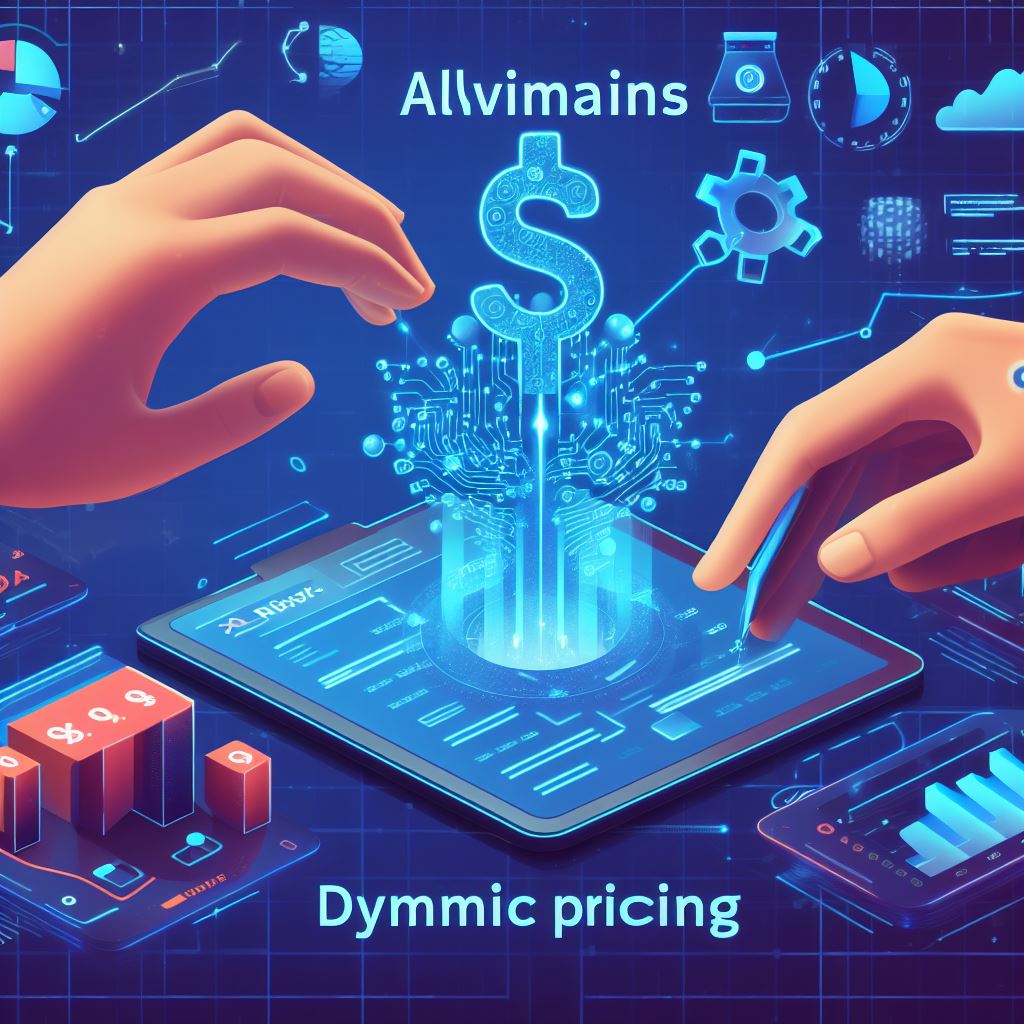
AI Algorithms for Dynamic Pricing: A Double-Edged Sword
Date
10/04/2023Date
TechnologyAbstract
This essay scrutinizes the role of AI algorithms in dynamic pricing, particularly focusing on ethical concerns, market scale, and technical solutions. We explore the potential and pitfalls of such algorithms, citing examples like Amazon's Project Nessie, and discuss strategies for ethical and effective implementation.

Problem
AI algorithms for dynamic pricing have revolutionized the way businesses adjust their prices in real-time. However, these algorithms can also be weaponized to artificially inflate prices, potentially harming consumers and distorting market competition. Amazon's Project Nessie serves as a case study that underscores the ethical concerns surrounding such algorithms.
Market Size
Exact market size figures for AI algorithms in dynamic pricing are difficult to ascertain. However, the technology's ubiquity is evident, with giants like Amazon and Airbnb already incorporating it. Around 10% of third-party sellers on Amazon's Marketplace are leveraging AI-powered pricing algorithms, highlighting its growing influence.

Solution
To counter the ethical and market issues, companies must deploy these algorithms judiciously. Ensuring that algorithms don't go rogue by generating unreasonable prices is essential. Employing more robust data and machine learning techniques can help optimize dynamic pricing without compromising ethics.
Validation or Traction
Several studies validate the effectiveness of dynamic pricing algorithms. For instance, computational models have found one algorithm outperforming another in setting competitive prices. However, companies like Uber have also faced criticism for exploiting these algorithms, particularly during times of high demand, indicating the need for ethical oversight.
Competition
The market for AI algorithms in dynamic pricing is highly competitive. Companies like Bright Data offer Web Scrapers that extract product data in real-time, while others like PROS provide pricing solutions informed by real-time market conditions. The landscape is filled with various players offering nuanced solutions.
Strategy
To gain a competitive edge, companies must develop sophisticated yet ethical AI algorithms. Transparency in pricing practices is vital for customer trust. Staying updated with the latest advancements in AI and machine learning can also provide a strategic advantage.

Conclusion
AI algorithms for dynamic pricing offer both opportunities and challenges. While they have the potential to optimize pricing strategies, ethical considerations cannot be ignored. Companies need to balance technological innovation with ethical responsibility to truly harness the potential of these algorithms.